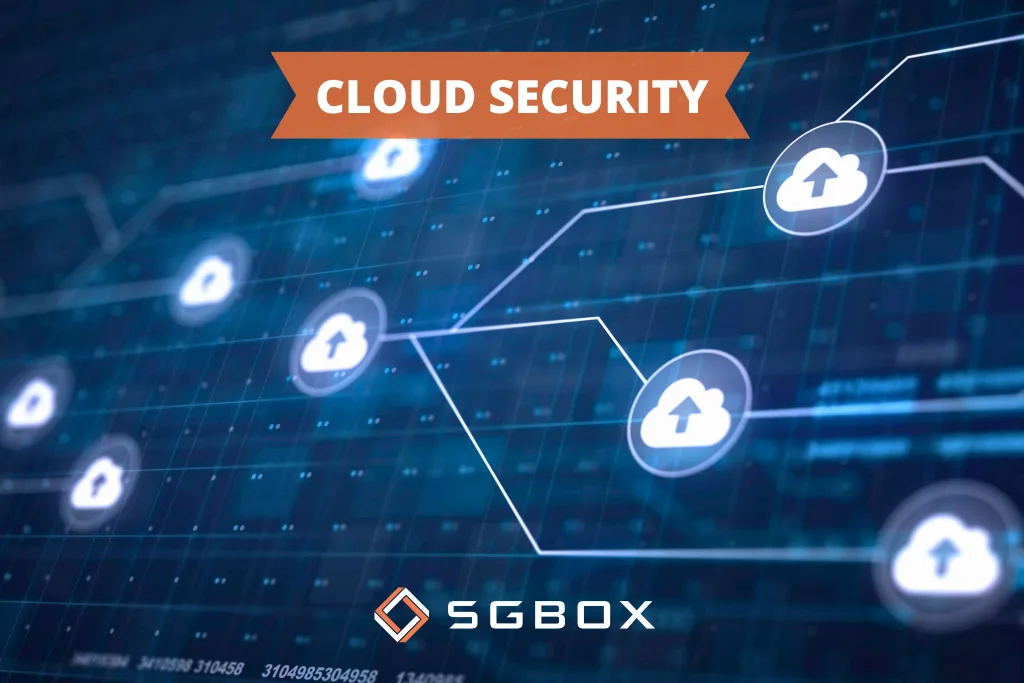Cloud Security: What it is, how to implement it, and future trends

Cybersecurity has become a top priority for businesses of all sizes, and with the increasing adoption of Cloud Computing, the need to ensure data security in the Cloud has become even more critical.
In this article, we’ll explore what Cloud Security is, why it’s important to implement it, and what future trends to expect.
What is Cloud Security?
Cloud Security, or security in Cloud Computing, refers to the practices, tools, and technologies used to protect data, applications, and Cloud infrastructure from cyber threats such as hackers, malware, and unauthorized access.
This cybersecurity discipline is essential for ensuring the privacy, integrity, and availability of data in the Cloud, involving both Cloud service providers and end-users.
The importance of Cloud Security
In recent years, the trend of using the Cloud to store sensitive data and information has been steadily increasing.
Consequently, all devices and networks connected to the Cloud are subject to a higher risk of exposure to numerous threats.
Small and medium-sized enterprises (SMEs), in particular, often have limited resources to address cybersecurity challenges, making them easy targets for attackers.
A security breach in the Cloud environment can lead to significant damages, such as the loss of sensitive data, disruption of business continuity, and consequently, financial losses.
Adopting a tailored security system to protect the Cloud thus becomes a strategic and fundamental step to integrate within the company’s defense strategy against evolving cyber threats.
The advantages of Cloud Security
Implementing Cloud security measures offers several significant advantages:
- Protection of sensitive data: Cloud Security protects a company’s sensitive data from unauthorized access, leaks, or theft, ensuring their integrity and confidentiality.
- Regulatory compliance: Cloud Security solutions help SMEs comply with data privacy and security regulations, such as GDPR, reducing the risk of fines and penalties.
- Risk reduction: with increased Cloud security, SMEs can reduce risks related to data breaches and cyber attacks, thus safeguarding their corporate reputation.
- Enhanced customer trust: implementing Cloud security measures increases customer and stakeholder trust in the company, demonstrating commitment to protecting their data.
- Improved operational efficiency: Cloud Security solutions automate threat monitoring and response processes, allowing SMEs to focus on core activities without interruptions.
- Scalability and flexibility: Cloud Security solutions can easily scale according to business needs, providing effective protection even during periods of growth or workload fluctuations.
- Cost reduction: Investing in Cloud Security can help SMEs reduce costs associated with data breaches and financial losses caused by cyber attacks, providing significant ROI in the long run.
Future trends in Cloud Security
Cloud Security managed by the SOC (Security Operation Center): Cloud security management is increasingly in the hands of SOC teams, an important evolution in the cyber security landscape that includes all the activities of monitoring, analysis and management of incidents in the Cloud.
Focus on Zero Trust Security Models: the adoption of security models based on the principle of “zero trust,” which does not assume intrinsic trust in any element within or outside the network, is increasing. This approach requires continuous verification of every access request, regardless of its origin.
Artificial Intelligence (AI) and Machine Learning (ML) in Cyber Security: the use of AI and ML to detect and respond to threats faster and more accurately is a growing trend. These technologies can analyze large volumes of data to identify anomalous patterns and prevent attacks.
Increased Use of Cloud Services: the ongoing migration to the Cloud by organizations necessitates strengthening security measures to protect data and applications in these environments, especially in light of the rise in targeted attacks on Cloud environments.
SGBox Cloud SIEM
SGBox has recently developed the Cloud SIEM module, an emerging technology that leverages the full potential of Security Information & Event Management with the flexibility offered by the Cloud.
Within SGBox’s Cloud, sensitive data can be collected and stored securely and instantly.
The ease of integration and management of the Cloud allows for savings in terms of time and management costs compared to a traditional On-Premise IT infrastructure.




